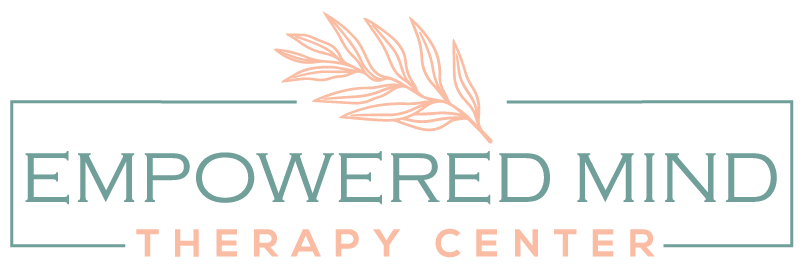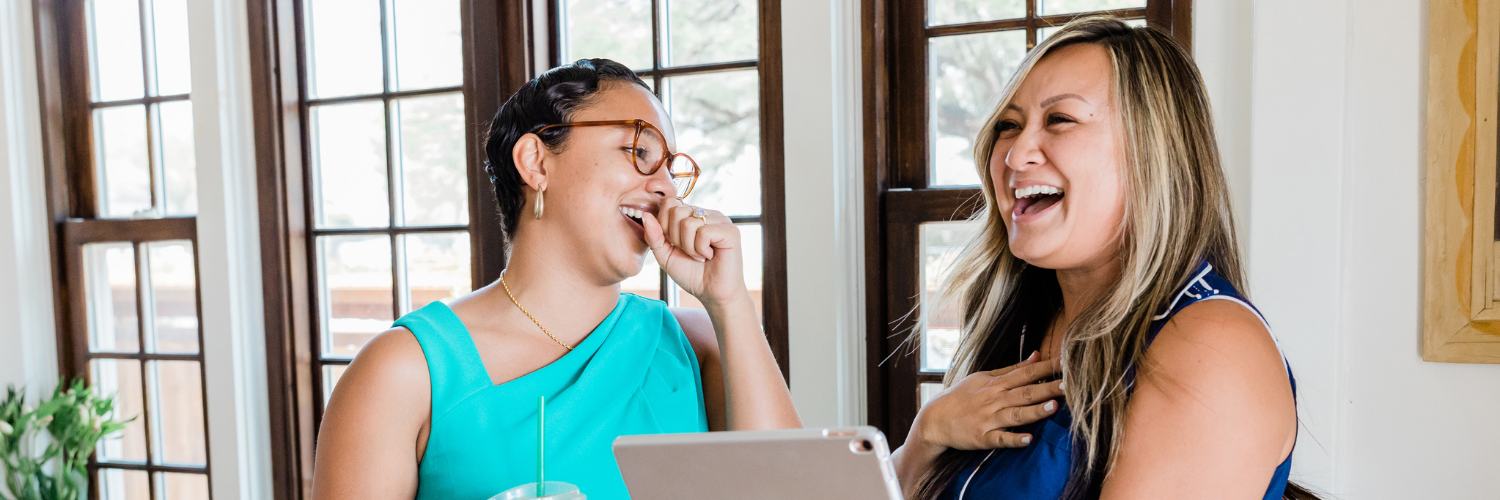Long-Term Burnout Prevention: Redefining Your Relationship with Work
Burnout isn’t just something you bounce back from—it’s something you grow through. After the recovery stage, it’s time to take a deeper look at how you relate to your work life.
For many BIPOC women, that means asking some big, important questions:
Am I working in alignment with my values?
Am I putting myself last to meet other people’s needs?
What would it look like to work in a way that supports my healing?
This part of your journey is about creating a healthier, more sustainable path forward—one where your well-being isn’t optional. It’s essential.
Tips for Long-Term Burnout Prevention
1. Revisit Your Career Goals—And Check Your “Why”
As we grow, so do our priorities. What used to drive you may no longer feel aligned.
Every few months, pause and reflect:
Do my goals reflect who I am now?
Am I chasing a version of success that’s no longer mine?
Pro Tip: Journal about where you’re headed and why. Give yourself permission to evolve.
2. Treat Self-Care Like a Responsibility, Not a Reward
BIPOC women are often praised for being strong, selfless, and tireless—but those labels can be exhausting.
Let’s flip the script:
Self-care isn’t selfish.
Rest is productive.
Saying “no” is an act of self-respect.
Make time for things that feed your soul—walks, naps, music, art, connection. Put them on your calendar like any other meeting.
3. Advocate for Equity in the Workplace
You don’t have to change your company’s culture alone, but your voice matters. Whether you:
Join (or start) an Employee Resource Group (ERG)
Speak up in meetings about workload distribution
Share feedback with HR about mental health support
Small steps can lead to big shifts—for you and for others.
Search-friendly phrases:
“Inclusive workplace policies for women of color”
“BIPOC advocacy at work”
“ERGs and burnout prevention in California”
Resilience is the ability to adapt and thrive despite adversity. It involves recognizing our inner strengths, utilizing available resources, and maintaining hope and positivity. Resilience is not just about bouncing back but also about growing and transforming in the face of challenges.
Building a Healthier Work-Life Balance
A balanced life doesn’t mean having it all—it means having enough of what matters most.
Set Boundaries You Can Actually Keep
Decide when your workday begins and ends—and protect that time. Turn off notifications. Say no to non-urgent requests. And honor your weekends.
Boundary Reminder:
“I’m unavailable after 6 PM and will respond tomorrow.”
“Thanks for thinking of me, but I can’t take this on right now.”
Grow in Ways That Feel Good
Not every opportunity is meant for you—and that’s okay. Focus on growth that aligns with your values, not just your resume.
Look for:
Projects that excite you
Roles that respect your time
Teams that support inclusion and wellness
Reflect and Celebrate Small Wins
Every step forward matters. Burnout recovery is about progress, not perfection.
Try this weekly ritual:
Name one thing you did well
One boundary you held
One thing you’re grateful for
This helps shift your focus from what’s missing to what’s working.
Healing Is a Lifestyle
Burnout recovery isn’t a one-time event—it’s a lifelong practice of choosing yourself.
By setting clear boundaries, rethinking what success means to you, and surrounding yourself with affirming support, you’re not just surviving work—you’re transforming your relationship with it.
Your healing matters. Your joy matters. And you deserve a career that supports both.
Looking for support in Walnut Creek, Oakland, or the greater San Francisco Bay Area?
At Empowered Mind Therapy Center, we’re here to support you with care that is kind, honest, and built just for you. Our team of experienced therapists specialize in trauma-informed therapy for women of color. Our goal is to help you reconnect with your strength and feel like yourself again.
Whether you live in Walnut Creek, Hayward, or any other corner of the San Francisco Bay Area, we offer evidence-based, brain-based therapy options designed to support your healing journey. Our goal is to meet you exactly where you are—with care that honors your identity and lived experience.
✨ You deserve healing that sees all of you.
Our commitment to your well-being is unwavering. Let us be your source of strength and support as you journey towards healing and resilience.
If you're interested in starting counseling at Empowered Mind Therapy, follow these steps:
Get in touch with our Intake Coordinator at 925-257-0205 or book your free consultation.
Get started on your healing journey and finally feel better.
Other Services We Offer in the San Francisco Bay Area & Throughout California
In addition to providing online therapy, we also offer a variety of trauma- informed counseling services for women of color across California.
If you’re seeking relief from depression, navigating anxiety, or hoping to build stronger relationships, we’re here for you. Our caring therapists create a space that feels safe, grounded, and affirming, so you can heal at your own pace.
We also offer powerful brain-based healing modalities, including:
EMDR (Eye Movement Desensitization and Reprocessing)
EMDR Intensives for deeper, focused trauma processing
All of these services are available in person at our offices in Walnut Creek or Hayward, CA or online throughout California.
About The Author
Christina Vasquez-Leiva, LCSW is a Certified EMDR therapist & Approved EMDR Consultant in the San Francisco Bay Area, offering EMDR Intensives in person and online throughout California. She is the Clinical Supervisor at Empowered Mind Therapy Center, a therapy community where women of color thrive.



